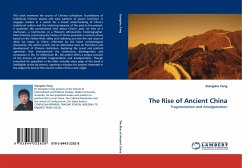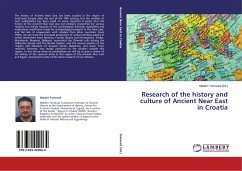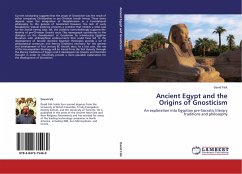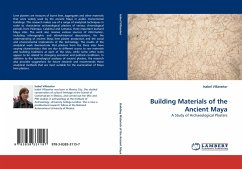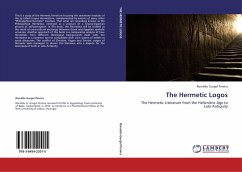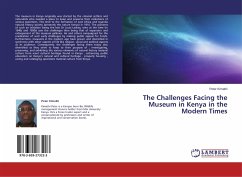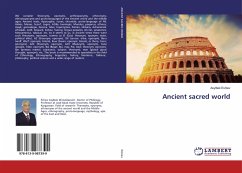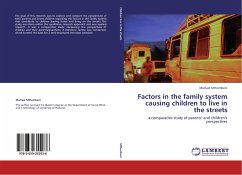This book examines the source of Chinese civilization, foundations of traditional Chinese society and early patterns of power transition. It engages readers in a search for a broad understanding of China's traditional culture and the enduring legacies of the past-in-the-present. It questions the conventional view about China's past, be that of a Confucian, a Communist or a Western ethnocentric historiographer. Most theories concerning the history of China postulate a central culture based on the Yellow River valley and radiating out into the vast areas of what we know as China. Informed by the latest archaeological discoveries, the author points out an alternative view on formation and development of Chinese civilization. Exploring the social and political upheavals that characterized the continuous disintegration and annexation in the 1st millennium BC, the author offers a unique account of the process of periodic fragmentation and amalgamation. Though presented for specialists in the field, virtually every page of this book is intelligible to the lay person, opening a window for anyone interested in the subject to look at this ancient culture from a new angle.
Bitte wählen Sie Ihr Anliegen aus.
Rechnungen
Retourenschein anfordern
Bestellstatus
Storno

